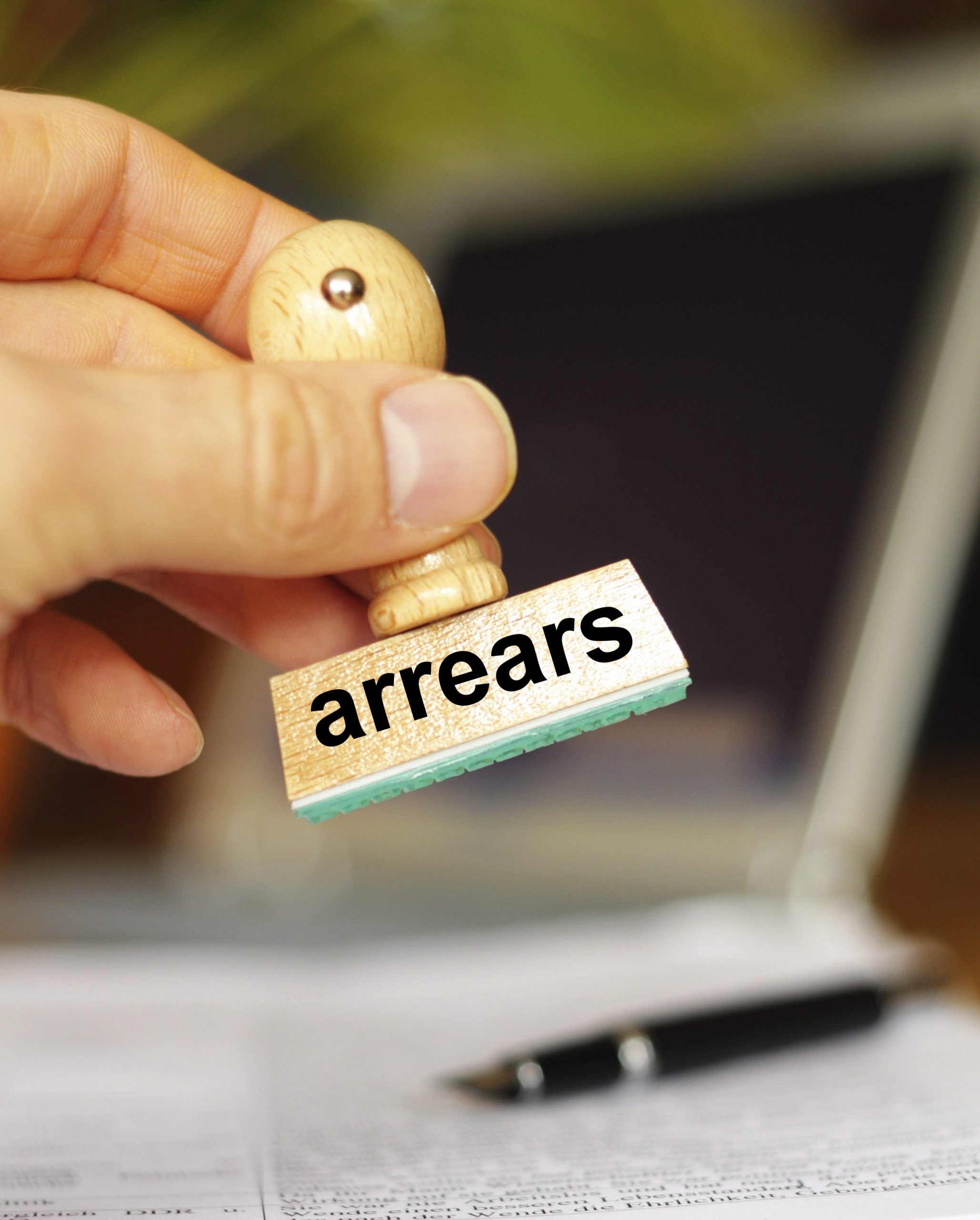
Special Coronavirus ‘moral contracts’ with tenants may not work – warning
Agents and landlords who use unorthodox methods of securing obligations from tenants to pay their rent during the Coronavirus crisis may not find them particularly effective.
That’s the warning from property litigation firm Hagen Wolf, which makes specific reference to a Scottish lettings agency which has asked its tenants to sign a ‘moral contract’ to pay any rent arrears in full and as quickly as possible.
At the bottom of the letter from the agent to the tenant is a tear-off slip which says: “I …[name]… agree to pay my part and be #part of the team. I am committed to paying all rental arrears and honour my moral obligation to play my part.”
Matt Pugh, managing partner at Hägen Wolf, says: “Firstly, there is a question of whether such a moral contract is an enforceable legally binding contract. For a contract to be enforceable, five requirements must be met: there must be an offer, acceptance, consideration, intention to create legal relation and certainty of terms.
“In terms of acceptance, you have to ask how many tenants will return the tear-off slip reaffirming their commitment to pay all rental arrears and their moral obligations towards their landlord.
“Following recent changes to the law which have, in effect, suspended evictions, communication between landlords and tenants has often been drastically reduced, with the latter often failing to return their landlord’s calls or to update them on their current situation. It might be argued that, if the slip is returned, then a legally enforceable contract between the tenants and the landlords was created.”
The firm argues that the moral contract does nothing more than reiterate the tenant’s obligations already detailed in the tenancy agreement.
The current suspension on evictions does not alter the terms that both parties agreed to when entering into the original tenancy agreement and it does not, therefore, exonerate tenants from their obligation to pay rent.
If tenants fail to make payments or clear rent arrears, they will still be in breach of their contractual obligations and would still be at risk of possession proceedings being issued at a future date, after the current eviction suspension ends.
“While the use of a moral contract does not effectively change the position for landlord or tenant it might mitigate against the fear many landlords have that the current suspension on evictions has sent the wrong message to tenants who might believe that they have been completely relieved of their contractual obligations during this period” Pugh adds.


If you have any comments, please email the author of this article and click on the link above